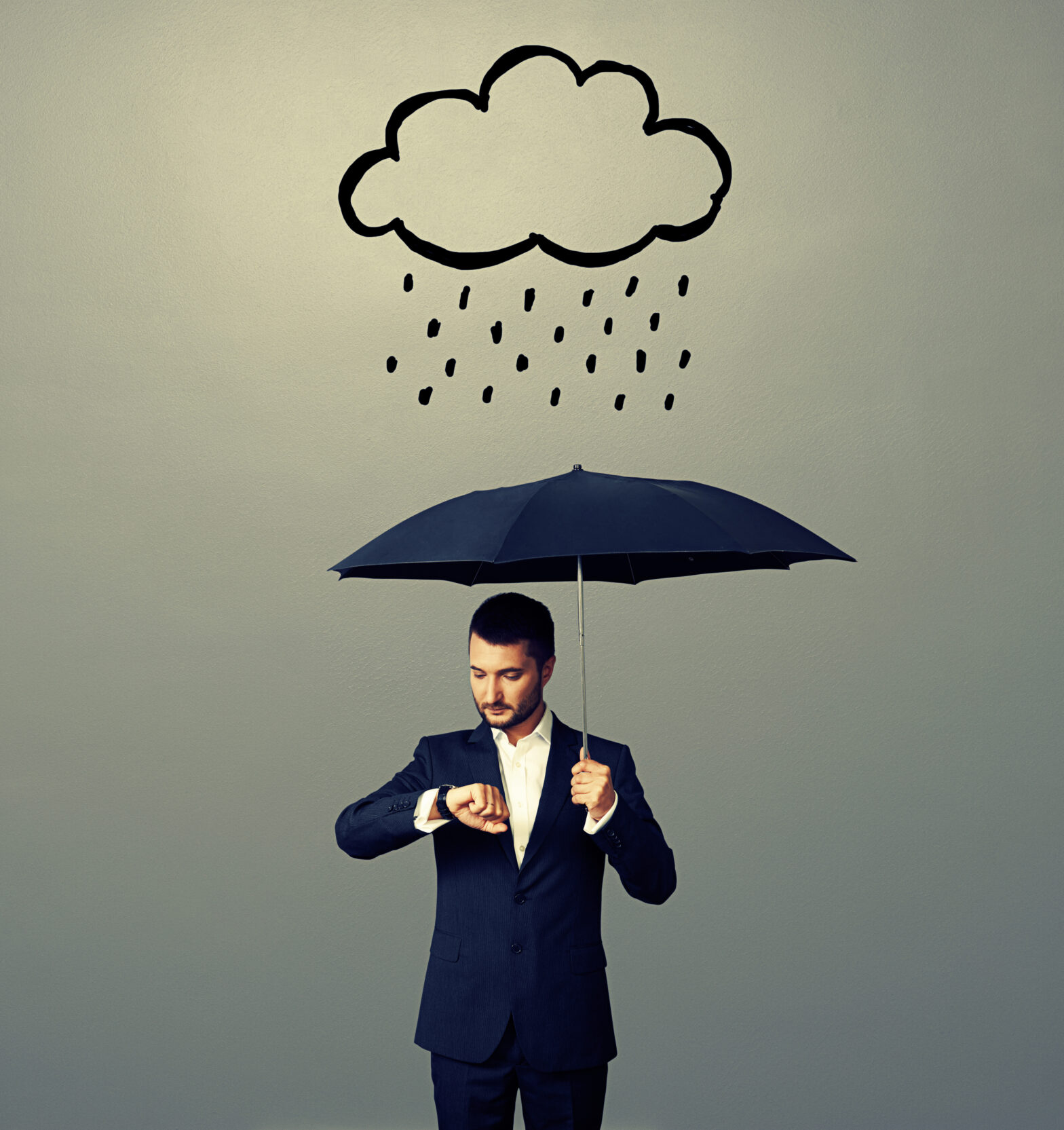As the UK endures Storm Doris, the worst storm of this winter, research from Towergate reveals that many of the country’s micro, small and medium-sized enterprises (SMEs) are ill-prepared for the effects of bad weather.
Two thirds (66 per cent) of SMEs report lost revenue due to bad weather and almost a third (31 per cent) having suffered weather-related damage to property over the last five years, it is surprising to find that nearly half (44 per cent) have no business continuity plan in place to ensure they can continue trading, more than two thirds (69 per cent) do not have any insurance cover to protect them.
The nation-wide research finds SMEs were hit hardest by employees being delayed or prevented from reaching work (24 per cent). Reduced demand for goods and services (16 per cent) and disruption to their supply chain (15 per cent) are also common problems caused by bad weather.
Overall, SMEs reported an average of 14.7 hours lost a year due to the weather. However, some sectors lost much more; with engineering and building (20.8 hours), manufacturing and utilities (19.6 hours), and unsurprisingly transport (19.7 hours) losing around half a week every year to the effects of bad weather.
SMEs failing to buy insurance
According to the Department for Business, Energy & Industrial Strategy there are nearly 5.5 million SMEs in the UK, employing 15.7 million people and turning over £1.8 trillion. Two thirds (69 per cent) of SME’s lacking any insurance cover for bad weather, nearly 3.8 million businesses are exposed to the elements.
Towergate’s research finds, on average, SME’s estimate £523,934 of property and related assets could be at risk of damage by adverse weather – meaning over £1.9 trillion of UK SME’s property and assets could be unprotected.
Topping the list for lost revenue is Yorkshire (79 per cent of SMEs) and Scotland (74 per cent) – two regions which often suffer periods of bad weather including flooding, high winds and heavy snow fall.
Meanwhile, Wales and the South West are two of the most resilient regions, with the fewest SMEs reporting lost revenue due to bad weather. Nevertheless, more than half of small and medium sized businesses in these regions have still lost revenue.
Get cover for bad weather
Despite the majority of SMEs losing revenue due to the weather, a worryingly high number remain uninsured. With the national average at 69 per cent, the North East is the most uninsured region, 82 per cent of SMEs say they have no cover for the effects of bad weather.
Joe Thelwell from Towergate, says,’The UK’s economy depends on small and medium sized businesses. But far too many firms have left themselves exposed to the unpredictable and at times damaging British weather. The majority of SMEs do not have appropriate contingency plans or insurance to protect them against lost business and unexpected bills resulting from the havoc our weather can wreak.
‘With millions of people’s livelihoods depending on SMEs, it is crucial that these businesses take steps to better prepare for bad weather so they can get up and running as soon as possible. Practically, that could include backing-up computer systems and records, identifying contingency premises or taking out specific policies.’
Recommendations
· Ensure you have contact details for the landlord or managing agent, and your insurance provider.
· Put in place an emergency contact process for employees and ensure they are familiar with the processes and scenarios in which they should be used.
· Identify potential alternative premises or business locations to temporarily relocate if necessary.
· Always back-up computer records and store copies off site.
· Ensure any important paper documents are stored in a fire and water-proof cabinet, that copies are kept off-site and consider creating digital copies.
· If the premises are unoccupied or become unoccupied you should notify your broker or insurance company, and utility supplies should be turned off at the mains.
· Insulate all water pipes and tanks in the building which could be liable to freezing.
· Locate your main stop clock where the water enters the property – make sure all staff know where and how to stop the water in the event of an emergency.
· Make sure someone regularly inspects the building, knows where utility supplies can be turned off and who to contact in the event of an emergency.
· Where possible leave the heating system on, if not possible turn water off at the mains and drain the pipes and tanks.





